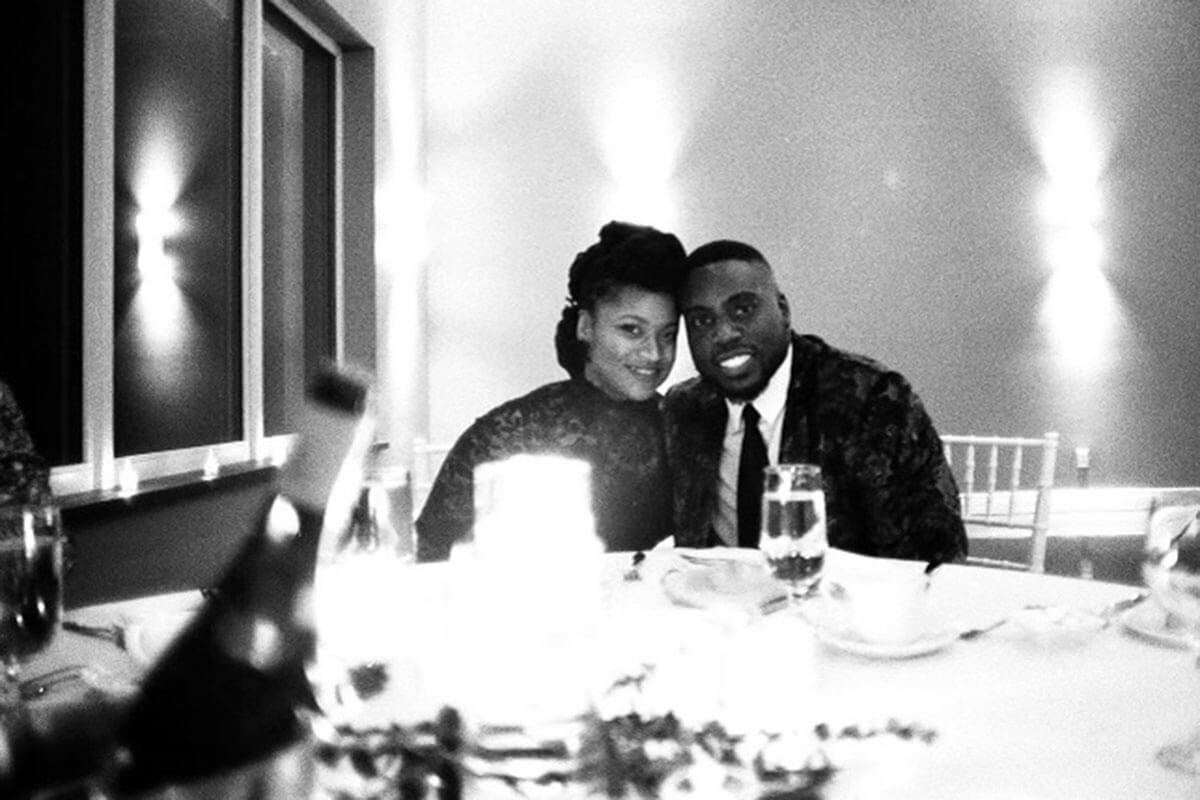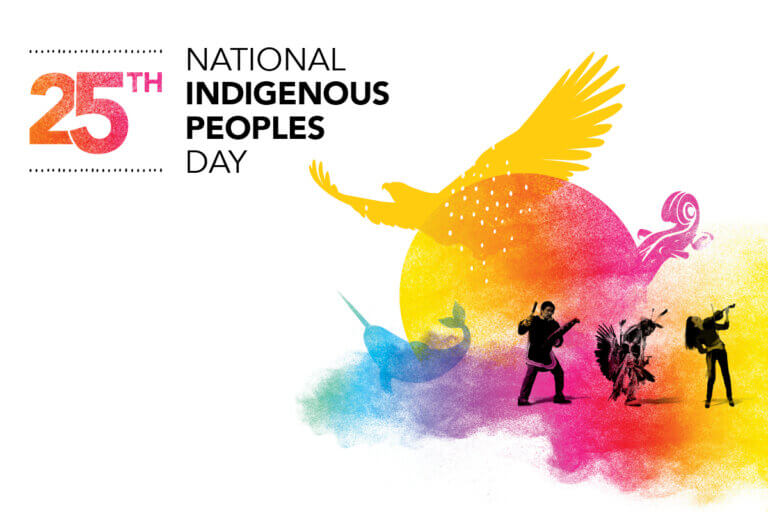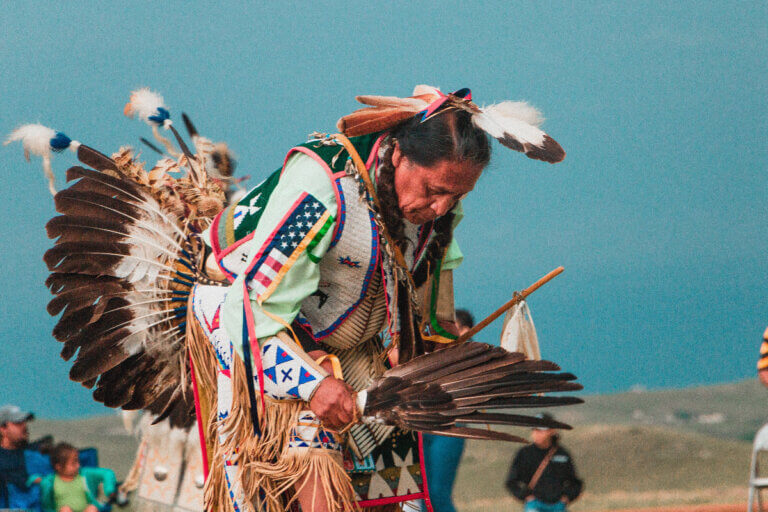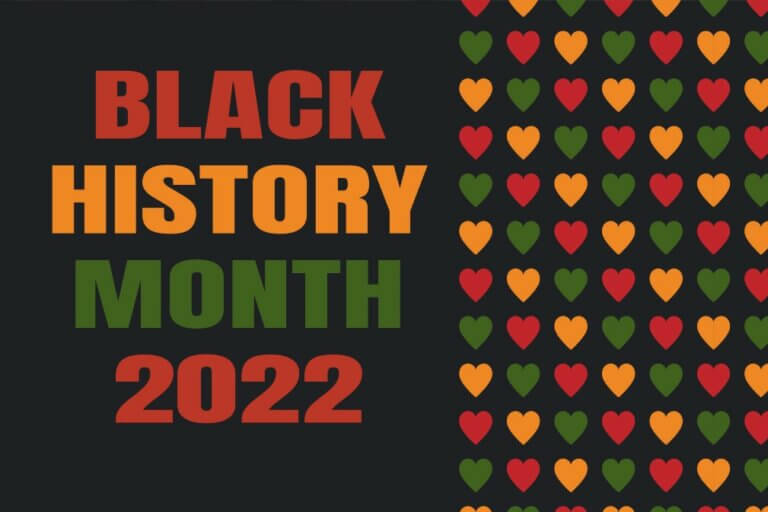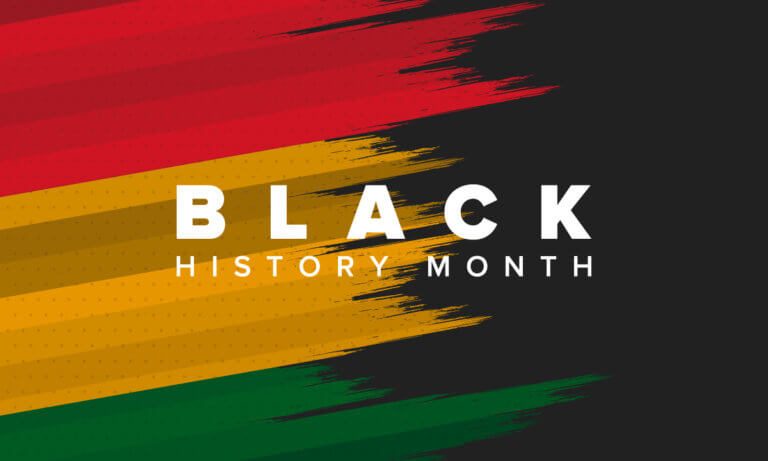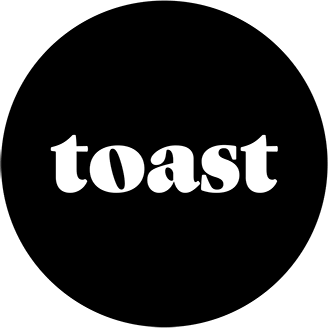An interview with Thomas Cumberbatch, CEO + Creative Director, Godzspeed, and Tegan Cumberbatch, Co-Founder, Godzspeed, CEO, MISSFit Agency
Hello Thomas & Tegan! We’re honoured to feature you in our magazine. We’re inspired by you, your business and your active involvement in the Black community and would love to share your story with our audience.
Q: Tell us a bit more about yourself
Thomas:
I was born in Ottawa, to two amazing parents who immigrated to Canada from the Caribbean in the 1960s. My father is from Barbados and my mother is from Jamaica. My father was the first Black employee for OC Transpo, which is Ottawa‘s public transit system. He has been written into Canadian Black history as a trailblazer. My mother was a nurse, and spent her life caring for people.
In Ottawa, I grew up in a pretty tough neighbourhood with a unique blend of people from different countries. The entire neighbourhood was full of immigrants from Africa, the Middle East, India, Bangladesh and eastern Europe.
I’m still living in Ottawa, and my wife and I have recently purchased a home in the country on a few acres of land. It’s such a departure from how I grew up and what I’m used to, but I’d love to give my children the unique experience of growing up around land, trees, nature and with enough quiet to ponder life.
After God, my first love while growing up was football. I played in high school, and then attended Bishops University, where I played football for four years. After playing at Bishop’s University, I signed a contract to play in the arena football league in Chicago. I like to tell people that I only went to Chicago for a cup of coffee, because I wasn’t there very long. I ended up getting released after a few months and came back home.
I tried to sign a contract in the Canadian Football League, but that wasn’t in the cards for me. I had always been known as Thomas the football player. That was an integral part of my identity that I didn’t know how to get away from when I realized I would never play the sport again.
I went into a depression, but that’s where my career as an artist and identity strategist began. In that place of existential crisis, I asked myself, “Who the hell am I? If I’m not Thomas the football player, who am I?”
That deep exploration of my identity, purpose and destiny in life led me to the realization that, when not on the football field, I was happiest while crafting video content. I used to create the highlight and recruitment videos for my football team and university. In my moment of existential crisis, I remembered how much I loved doing that and, with no money in my bank account, I borrowed money from my father to purchase my first camera.
I started a video company, which eventually turned into a full-service business strategy and creative studio… and the rest is history.
100 brands later, here we are helping businesses, individuals and organizations answer the major human existential question of, “Who are you?” The result is always something beautiful, meaningful and legacy-building for brands. I’m very proud of my team and our clients for the work we’ve accomplished together.
Tegan:
I was born and raised in Ottawa, the heart of Canada, to two special Jamaicans who met each other here and decided to create a life together.
My father came to Canada with a suitcase and a passion for photography. While working part-time at an embassy, he was also a freelance photographer working for newspapers such as the Ottawa Citizen and alongside media personalities such as Max Keeping. My mom came to Canada during the 1970s to pursue a better life for her and her two young children at the time. When she arrived, she was fortunate enough to get a job as a support worker in a nursing home.
I’m the youngest of four children (two of which are from a previous relationship on my mom’s side), and we were pretty close growing up in Sandy Hill, which is one of Ottawa’s older neighbourhoods.
When our little family started to grow, my parents decided to move further east to Overbrook , into a little, three-story townhouse that was something like a dream to us — not realizing that we lived in what is known to be the ghetto (pretty close to where Thomas grew up). Unlike Thomas’ neighbourhood, our ward was pretty black and white — quite literally.
Q: Growing up as a Black person in Canada, what were some of the daily obstacles you had to overcome? Did you ever feel discriminated against? Did you ever feel like you had to work harder because of your skin colour?
Thomas:
Growing up as a Black boy, then a Black man, in this country has always had its challenges. There’s a misconception that racism doesn’t exist in Canada, but nothing could be further from the truth.
As a young boy, I remember walking on the street when a group of teenagers stopped in a pick-up truck, called me an [n-word] and drove away.
In school, all of the kids would tell me that I was dirty because my skin was black. And, in high school, the Aryan crew would tell people that they hated me and my friends because we’re Black.
My parents always told me that I would need to not work harder, but smarter, as a result of my beautiful, Black skin and my legendary African heritage.
I’ve encountered racism in many ways as a professional in business. For example, my assistant used to be a young white guy. We would walk into full boardrooms together and they would always look at him and say, “Hi, you’re Thomas, right?” I guess the Black guy couldn’t be the owner of the company. He and I used to laugh about it.
I’ve learned that being Black and in business in Canada means that, if you want to have joy in your heart, you need to be able to laugh about some things. The truth is that sometimes I would punk those people and let on like I wasn’t Thomas. We would laugh really hard in those situations.
Related Articles
Q: Who are your role models, both in local and global communities? How did they influence you?
Thomas:
I am blessed to have a few mentors in life and in business. My parents are definitely role models, and my wife has always been an inspiration to me.
There’s also an important gentleman by the name of Paul Bregman. He has been an incredible mentor in business and a wonderful friend. Paul and I are an odd couple. I’m a 37-year-old, 220-pound brother, and he’s a smaller 65-year-old Jewish guy, but we’re really close and I appreciate his knowledge, generosity and support.
Q: You’ve seen significant success as an entrepreneur! Tell us about your agency, Godzspeed.
Thomas:
Godzspeed is a growth strategy and creative firm that specializes in unearthing and illuminating the souls of brands that leave a legacy of Good.
We believe that great businesses want to grow, and although growth looks different to every business, great businesses always want to grow good. Growing good is holistic, meaning that positive social environmental impact, profit and happy people are all intertwined, all of the time. Godzspeed works with brands to grow soulfully and leave a legacy in the lives of people and the planet.
The tools we used to grow soulful brands are business strategy, brand/marketing strategy, design, photography and film.
Q: You are quite the dynamic duo! Tegan, tell us about yourself and your journey as a Black artist, and a Black female entrepreneur in Canada?
Tegan:
My journey as a creative started with me standing at a crossroad during a very sensitive time in my life and asking, “What is it that I truly want to do with my talents? What mark do I want to leave, or what legacy do I want my little kings to take examples from?” I had a career with a salary that paid me generously; I had a team that I worked well with — but something was missing. I didn’t feel fulfilled. And as I started to question my life and certain choices I had made, I came to the realization that I needed to get back to the things that made my heart glad; a time when responding to a “machine” of an institution wasn’t my raison d’etre. I’ve always known that my purpose was connected to something bigger than what the “machine” could ever provide.
The decision to pursue my passion wasn’t an easy one to make, but I knew it was necessary. At times it has been scary, but it’s helped me realize that, with this kind of labour, there will be pain — the kind of pain to help you grow and truly see what you are capable of doing and feeling more fulfilled.
Q: How are you empowering your local Black community in Ottawa?
Thomas:
One of the things that I’m proud of is our contribution to a wonderful organization called Black Boys Code. They focus on developing life skills in Black boys across North America by teaching them how to code.
I lead the Ottawa chapter. Our instructors are amazing with the boys, and they understand that this is about more than learning code; it’s about equity in the advancement of technology and culture.
Q: We love that you mainly work with Social Impact brands. What has been your favourite project to date?
We call our clients “Soul Rebels” because they’re unafraid to build soulful, legacy-building brands in the face of all of this selfish capitalism. Although we love all of our clients, a few do stand out.
We had the opportunity to work with Koble Commercial Real Estate. They are a local commercial real estate company that uses their business as a machine for positive impact in the lives of their clients and their staff. It’s led by two gentlemen, who wear their hearts on their sleeves in an industry where people cover everything up in a blue suit.
We’ve also worked with a company called Deltec Homes in Asheville, North Carolina. They build what are arguably the best homes for people and our planet. Working with them was a breath of fresh air, because they live out their values through and through. Their process is meticulously engineered to partner with the planet and the environment to deliver safe homes for people worldwide. This was a special project.
Q: If you both could give any advice to young Black entrepreneurs and artists in Canada, what would that be?
Thomas:
The greatest advice that I could give a young Black entrepreneur and/or artist in Canada is to “know thyself.” If you can answer the question of “who am I?” with confidence, precision and soul, you can then understand what your purpose and destiny is. Those are the two greatest ingredients for any entrepreneur.
When you understand who you are and what you’re doing, and why it will be memorable, then you can craft an experience, a product and a business that will mean something to many people. Persevere to find that answer and the rest will follow.
